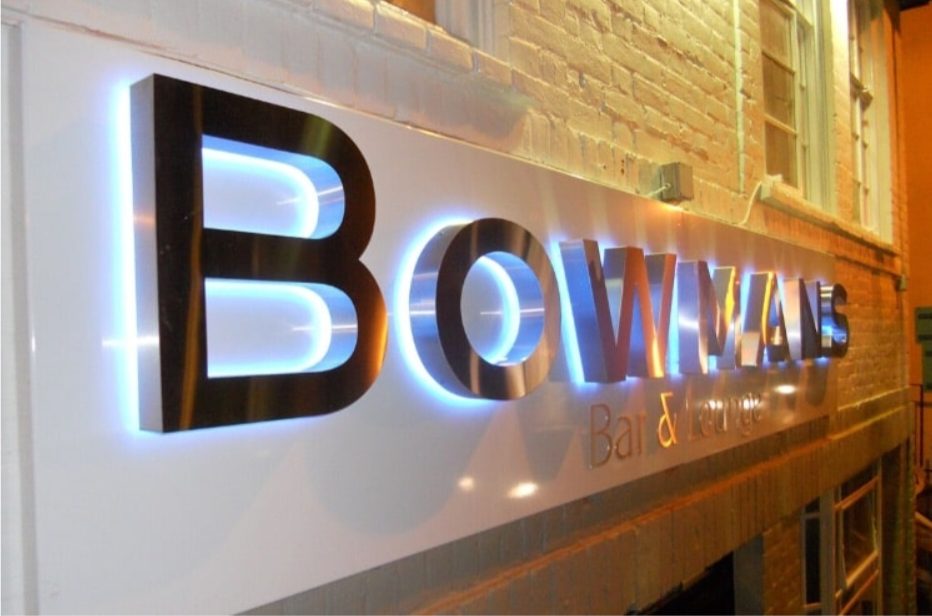
In today’s fast-changing global economy, businesses and investors are looking for ways to protect their assets, manage risk, and stay flexible in their operations. One tool that helps achieve this is the Special Purpose Vehicle (SPV).
In the Dubai International Financial Centre (DIFC), SPVs, also known as Prescribed Companies, are becoming popular among regional and international investors. They provide a secure, cost-effective, and globally recognized structure. Whether the goal is to hold real estate, manage investments, or isolate financial risks, DIFC creates an environment where SPVs can succeed.
Contents
What exactly is an SPV?
At its core, an SPV is a legal entity designed to hold and separate assets or liabilities. This separation, often called “ring-fencing,” ensures that risks linked to specific assets do not extend to the parent company or the investor’s broader portfolio.
For example:
- A family office may use an SPV to hold real estate investments, protecting their overall wealth from liabilities related to those properties.
- An investment fund might create an SPV to manage a portfolio of securities, offering a layer of protection during financial downturns.
- Businesses involved in joint ventures can utilize an SPV to structure the partnership, defining ownership clearly and isolating risks.
Unlike operating companies, SPVs in DIFC are passive holding companies. They are not meant for daily business activities, commercial trade, or hiring staff. Their primary purpose is to protect assets, facilitate transactions, and reduce exposure to risk.
Why DIFC is an Attractive Jurisdiction for SPVs
DIFC has established itself as a leading financial center in the Middle East, Africa, and South Asia (MEASA) region. With over 5,000 companies operating in the Centre, it is trusted for its strong regulations and international credibility.
Here are some reasons why businesses choose DIFC for SPV formation:
1. Strong Legal Framework
DIFC operates under an English common law system, familiar to global investors and offering clarity in dispute resolution. This framework ensures a transparent environment for companies and investors.
2. Affordable Setup
Setting up an SPV in DIFC is relatively inexpensive compared to many international jurisdictions. The application fee is USD 100 (one-time), and the annual commercial license fee is USD 1,000, making it accessible to small and mid-sized firms.
3. Flexibility and Range of Uses
SPVs can be tailored for various qualified purposes, including asset holding, securitization, and structured financing. This makes them appealing to family offices, private investors, and corporations.
4. Global Recognition
Companies established in DIFC gain from the Centre’s reputation as a reliable financial hub. This credibility simplifies interactions with international investors, banks, and counterparties.
5. Secure and Tax-Efficient Environment
DIFC offers a flexible tax system, making it attractive for businesses aiming to structure their investments efficiently.
SPVs vs. Active Enterprise Structures in DIFC
While SPVs are favored for passive asset management, they are not the only option in DIFC. Businesses can also opt for the Active Enterprise Structure, which has different benefits.
- SPVs (Prescribed Companies):
- Mainly used for holding and isolating assets and liabilities.
- Do not conduct commercial activities or hire employees.
- Provide a protective legal structure under the DIFC Companies Law.
- Active Enterprises:
- Offer a full commercial package for managing businesses.
- Allow companies to employ staff and operate offices within DIFC.
- Suitable for firms seeking a more active presence in the region.
By providing both options, DIFC serves a wide range of needs, from investors looking for a simple holding structure to enterprises developing long-term operations in Dubai.
Common Use Cases for SPVs in DIFC
To grasp the practical benefits, let’s explore real-world scenarios where SPVs are commonly applied:
1- Real Estate Investment
International investors often use SPVs to hold property assets in Dubai and beyond. This creates a clear ownership structure and simplifies future sales or transfers.
2- Family Wealth Management
Family offices frequently establish SPVs to protect wealth across generations. By separating assets, they safeguard against legal disputes and ensure smoother succession planning.
3- Securitization and Financing
Financial institutions use SPVs to bundle assets, like loans or receivables, into securities for investment. This lowers exposure for the parent company while opening new investment opportunities.
4- Joint Ventures and Partnerships
When several parties work on a project, an SPV clearly defines ownership, responsibilities, and liabilities, minimizing potential conflicts.
Benefits Beyond Risk Management
While isolating risk is the main goal of SPVs, the benefits extend further:
- Simplified Transactions: Keeping assets in a separate legal entity makes transferring ownership or restructuring much simpler.
- Confidentiality: SPVs offer a discreet way to manage sensitive investments.
- Investor Confidence: Having an SPV in a reputable jurisdiction like DIFC reassures stakeholders about a company’s commitment to following regulations and good governance.
Final Thoughts
Special Purpose Vehicles (SPVs) are more than just a legal structure. They are strategic tools for asset protection, investment management, and long-term stability. In the DIFC, businesses and investors have access to a jurisdiction that combines international best practices with regional advantages: affordability, flexibility, and global recognition.
For those looking to securely hold assets, manage investments more effectively, or structure complex transactions, DIFC’s SPVs provide a practical and reliable solution. With options like the Active Enterprise Structure also available, companies can select the path that aligns best with their goals.
As Dubai continues to strengthen its position as a global financial hub, SPVs in DIFC will play an increasingly important role in shaping the future for investors and businesses.







